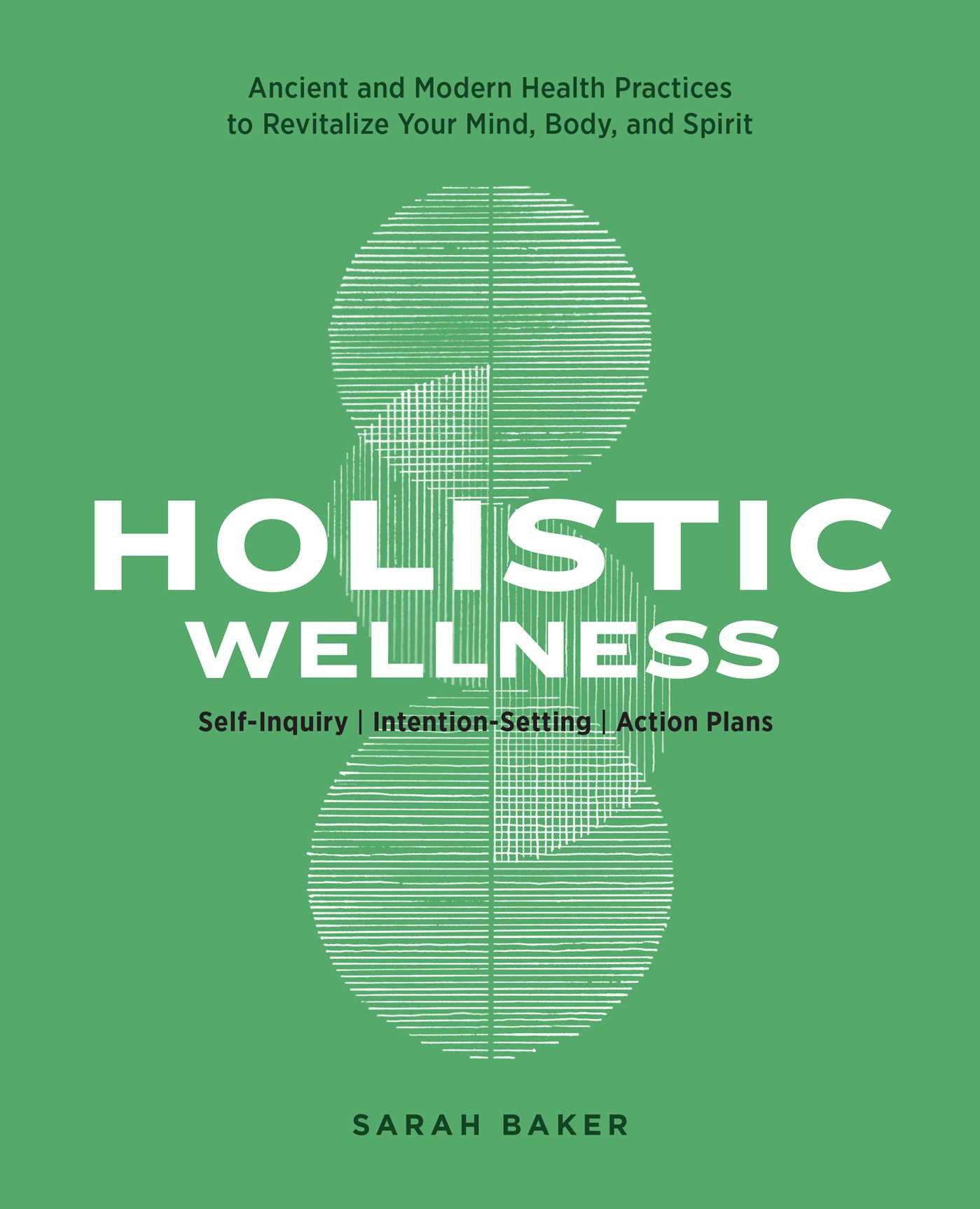The concept of wellness has extended far beyond the mere absence of disease. Today, we recognize that true well-being encompasses a multifaceted approach, one that addresses our physical, mental, emotional, and spiritual needs.
Holistic wellness philosophy embraces this interconnectedness, providing a framework for achieving optimal health and vitality.
What is Holistic Wellness?
Holistic wellness acknowledges that all aspects of our being are intimately intertwined. A disruption in one area can reverberate through our entire system. For example, chronic stress can manifest as physical ailments like headaches or digestive issues, while a lack of purpose or meaning can lead to feelings of depression or anxiety.
Holistic wellness aims to nourish each of these crucial dimensions to promote overall balance and harmony.
Key Pillars of Holistic Wellness
- Physical Health: This pillar encompasses not just the absence of illness, but also the active pursuit of vitality. It includes nourishing our bodies with whole foods, engaging in regular exercise, getting sufficient sleep, and managing stress levels.
- Mental Health: Our mental well-being involves our thoughts, emotions, and coping mechanisms. Holistic wellness promotes practices like mindfulness, meditation, and stress-reduction techniques to cultivate emotional resilience and mental clarity.
- Emotional Health: Emotional wellness signifies the ability to recognize, understand, and manage our emotions in a healthy way. This includes developing positive coping mechanisms, practicing self-compassion, and building healthy relationships.
- Spiritual Health: This dimension focuses on finding meaning and purpose, connecting with something larger than ourselves. It can be nurtured through meditation, mindfulness practices, spending time in nature, or involvement in spiritual or religious communities.
Practical Strategies for Holistic Wellness
- Nutrition: Focus on consuming a variety of whole, unprocessed foods, including plenty of fruits, vegetables, whole grains, and lean proteins. Limit sugary drinks, processed snacks, and unhealthy fats.
- Movement: Aim for regular physical activity most days of the week. Find workouts that you enjoy and that fit your lifestyle, whether it’s brisk walking, dancing, yoga, or strength training.
- Sleep: Prioritize consistent sleep patterns, aiming for 7-9 hours of quality sleep per night. Create a relaxing bedtime routine and optimize your sleep environment.
- Stress Management: Incorporate stress-reducing techniques into your daily routine. Practices like deep breathing exercises, meditation, yoga, or spending time in nature can be incredibly beneficial.
- Social Connection: Nurture meaningful relationships with friends, family, and your community. Feeling connected and supported is essential for emotional well-being.
- Mindfulness: Practice being present and aware of the current moment. Mindfulness techniques aid in stress reduction, improve focus, and enhance self-awareness.
- Finding Purpose: Explore activities or hobbies that bring joy and meaning to your life. Whether volunteering, learning a new skill, or cultivating a creative practice, find what gives you a sense of purpose.
The Benefits of Holistic Wellness
- Improved Physical Health: Holistic practices support a strong immune system, reduce the risk of chronic diseases, and promote overall vitality.
- Enhanced Mental Well-being: A holistic approach helps manage stress, boost resilience, and enhance mood, leading to greater emotional well-being.
- Increased Energy and Focus: When our body and mind are well-nourished, we experience greater energy levels and improved focus throughout the day.
- Greater Sense of Purpose: Connecting with our spiritual selves and pursuing meaningful activities fosters a deeper sense of purpose and fulfillment.
Embracing Holistic Wellness
Holistic wellness is a journey, not a destination. Begin by assessing your current lifestyle and identify areas where you could make positive changes.
Start small, incorporate practices gradually, and be patient with yourself. Remember, any step toward bettering your well-being is valuable. By integrating a holistic approach, you embark on a path toward a healthier, happier, and more fulfilling life.



